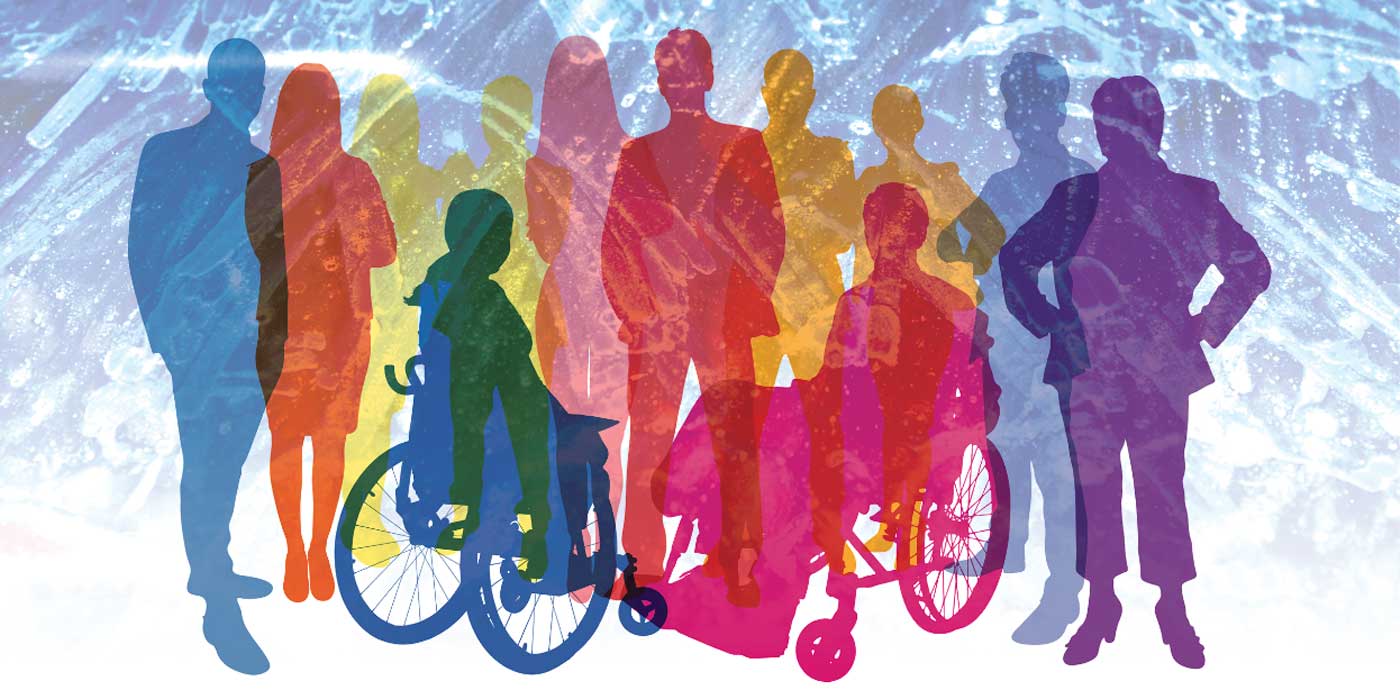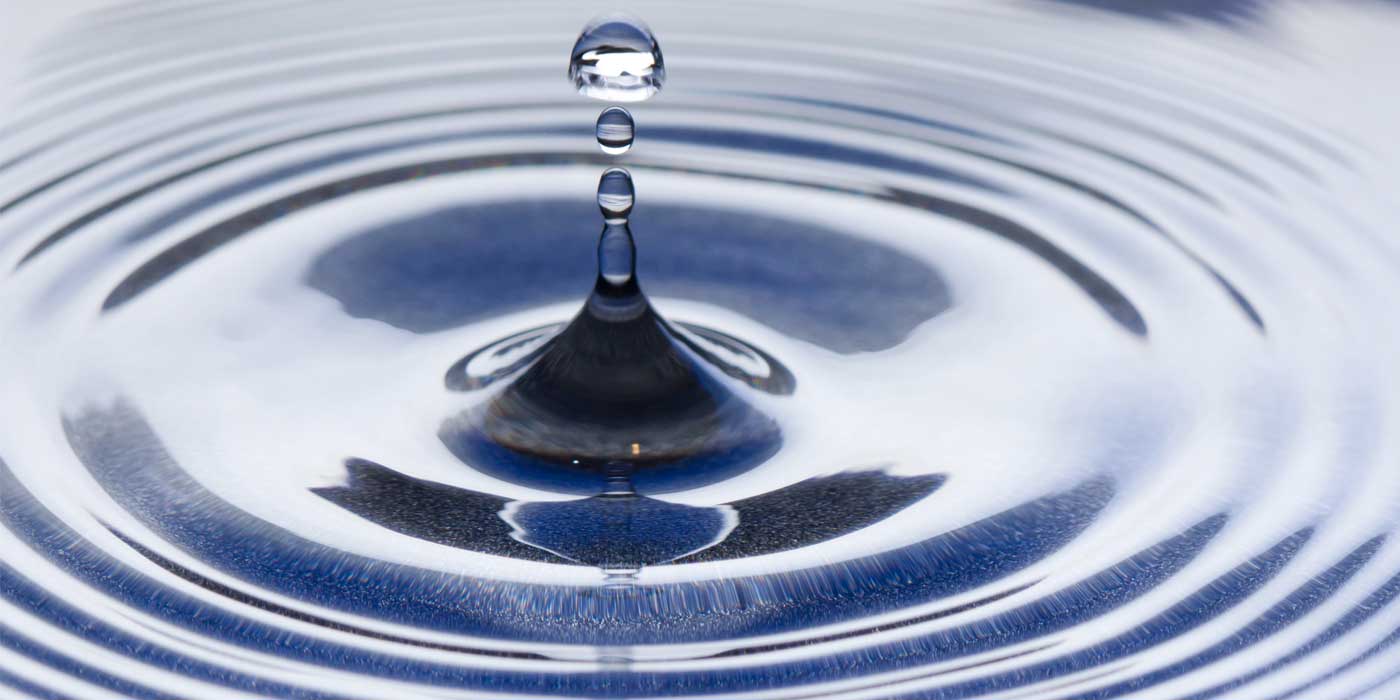In the world of modern automated carwash facilities, there is a multitude of factors that can impact wash results as well as customer satisfaction. Some of these same factors can also affect downtime and operating costs. In order to address these challenges, successful carwash owners and operators must follow a strict regimen of daily testing and regular carwash equipment maintenance. One area of specific focus for these successful carwash operators is water.
Importance of water in washing
Water quality is a crucial component of the carwash experience equation. In fact, it is often pinpointed as a key contributor to subpar cleaning outcomes. Water serves as the lifeblood of carwashes and their equipment, being utilized in various stages of the wash process.
Therefore, maintaining proper water quality is imperative in achieving optimal results. Different types of water conditions require specific treatment approaches. Addressing these unique needs is essential to ensuring efficient and effective chemical reactions and thorough rinsing throughout the wash process.
Using proper water quality for different phases of the wash operation is crucial. Conversely, poor water quality can yield unwanted results and may actually hinder equipment performance.
For example, water hardness, which is characterized by higher levels of minerals, such as calcium, can impede the effectiveness of cleaning chemicals and the rinsing process. Soft water, however, is recommended by industry experts to enhance foaming applications and enables other applications, such as presoaks, to combat vehicle dirt more effectively.
Water treatment equipment
Leading operators in the professional carwash market employ advanced water treatment equipment in order to meet water quality challenges. These systems include water softeners, carbon filters and reverse osmosis (RO) equipment.
Water softeners and carbon filters remove hardness and chlorine from municipal water sources, enhancing the performance and longevity of RO units. Top operators also enrich the environmental responsibility of their sites with water reclaim equipment.
Water reclaim systems are crucial for recycling used water, reducing waste and conserving resources. Water reclaim systems send wastewater through a series of settling tanks in order to settle out the heavy solids. A concentrate/reject capture system further saves water for various wash applications.
Reclaimed water, filtered through recycling systems, is well-suited for certain applications, such as underbody and high-pressure cleaning. However, chemical applications and rinsing require better water quality.
Maintaining equipment is pivotal to achieving clean, dry and high-quality exit vehicles. Monitoring water usage and replacing nozzles as needed are critical practices to ensure water efficiency and cost-effectiveness of the operation.
Testing and maintenance
Regular monitoring of total dissolved solids (TDS) and water hardness levels is vital to maintaining water quality. Equipment maintenance, particularly for water reclaim systems, should adhere to manufacturer recommendations. Regular nozzle replacement is essential to control water usage rates and the proper operation of equipment.
Water quality testing procedures include measuring TDS, pH levels, iron content and chlorine levels. Test kits are readily available and can be used to tailor water treatment approaches. As needed, work with water treatment specialists and professionals with experience in the carwash industry to properly test and treat your water as conditions change across regions and seasons.
The success of modern carwash facilities hinges on effective water management. Addressing water quality challenges through appropriate treatment equipment, regular testing and vigilant maintenance is crucial. By adhering to best practices, carwash operators can enhance wash results, reduce waste, and optimize resource utilization for sustainable and efficient operations.
Once water quality is preserved and treatment as well as reuse systems are set up and properly running, operators can sit back and watch results shine.














